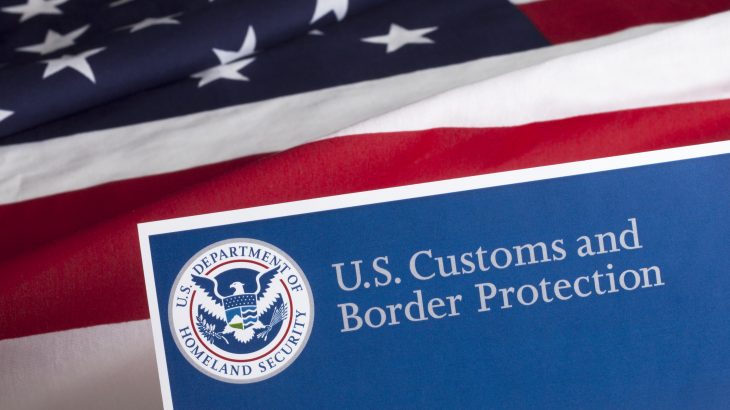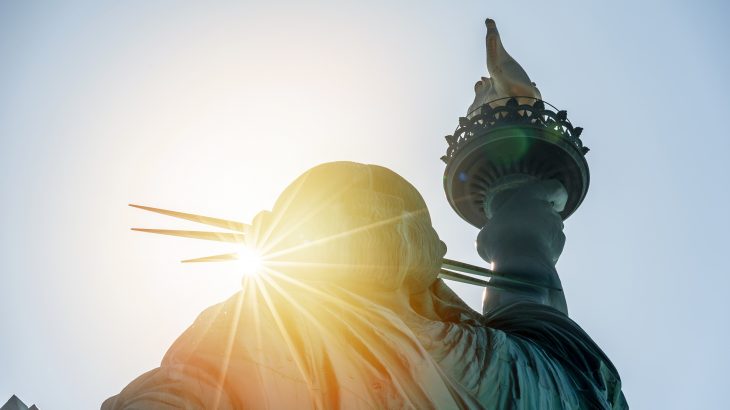By Maxine Philavong
On Sept. 1, 2020, the Department of Homeland Security (DHS) announced plans to significantly expand its collection of personal information from immigrants seeking a U.S. visa by requesting more biometric data and DNA to verify family relationships during the immigration process.
The proposal, which has not officially been released by the DHS, allows for authoritative changes to the department’s biometric data and DNA collection.
USCIS currently requires biometrics from anyone over the age of 14 who applies for certain immigration benefits, mostly for those with applications involving a background check. These biometrics are in the form of photographs, fingerprints and signatures.
What May Change?
Although biometric data and DNA collection is not new for the immigration process in the U.S., DHS stated that it would release a proposal detailing their new biometric data use protocols and expansion to department authorities. Expansions include technologies ranging from voiceprints or iris scans, in addition to technologies the department is still developing.
According to DHS, the proposal will standardize the definition of biometrics for the department’s components, “eliminating any ambiguity surrounding the department’s use of biometrics.” By establishing a standardization, the department will set “clear standards for how and why they collect and use this information.”
Who May Be Affected?
The proposed policy would authorize the collection of biometrics for anyone who is seeking a visa or citizenship as well as their spouses. It would also eliminate the existing age limit on biometrics and start requiring children under the age of 14 to provide biometric information. Further, the policy would authorize the collection of DNA to verify certain family relationships. The department claimed the results of collected biometrics will be stored in immigrations’ official records, but that raw DNA will not be kept.
In some cases, USCIS will request biometric information from immigrants with work permits or green card at any point until they become a U.S. citizen. In some cases, the department would have authority to collect U.S. citizens’ DNA.
Why the Change?
According to DHS, the move protects against those who may misrepresent themselves as a biological family unit. “By using DNA or DNA tests to establish bona fide genetic relationship between adults and minors in DHS custody,” the department said in its announcement, “DHS can better protect the well-being of children.”
Ken Cuccinelli, Senior Official Performing the Duties of the Deputy Secretary for Homeland Security, said using technology to verify the identity of an individual is “responsibly governing.”
“Leveraging readily available technology to verify the identity of an individual we are screening is responsible governing,” Cuccinelli said in the statement. “The collection of biometric information also guards against identity theft and thwarts fraudsters who are not who they claim to be.”
Contact Us to discuss your case.
This article is published for clients, friends and other interested visitors for information purposes only. The contents of the article do not constitute legal advice and do not necessarily reflect the opinions of Davies & Associates or any of its attorneys, staff or clients. External links are not an endorsement of the content.



























